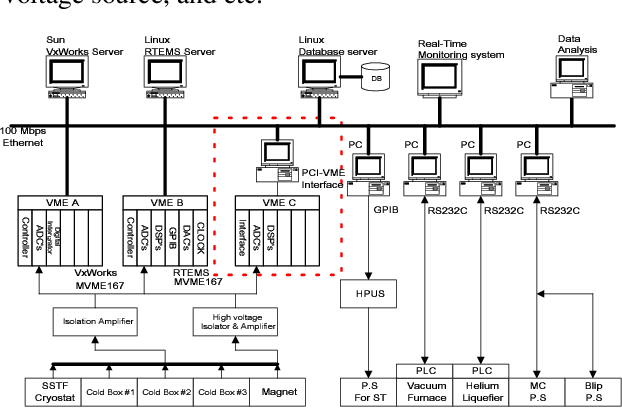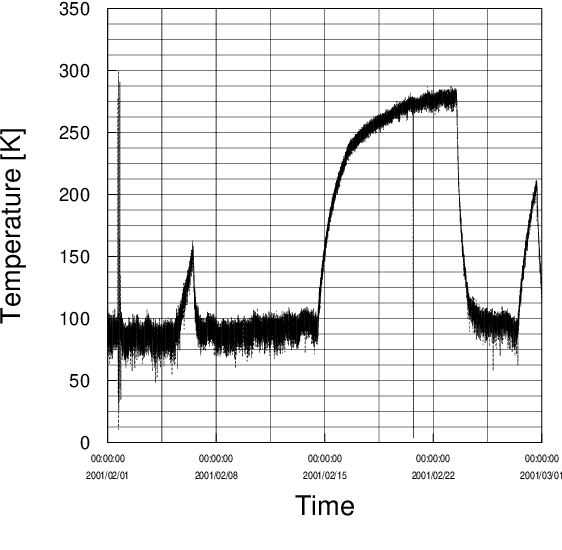Y. Chu
Channel Estimation for RIS-Aided MIMO Systems: A Partially Decoupled Atomic Norm Minimization Approach
Jul 21, 2023



Abstract:Channel estimation (CE) plays a key role in reconfigurable intelligent surface (RIS)-aided multiple-input multiple-output (MIMO) communication systems, while it poses a challenging task due to the passive nature of RIS and the cascaded channel structures. In this paper, a partially decoupled atomic norm minimization (PDANM) framework is proposed for CE of RIS-aided MIMO systems, which exploits the three-dimensional angular sparsity of the channel. In particular, PDANM partially decouples the differential angles at the RIS from other angles at the base station and user equipment, reducing the computational complexity compared with existing methods. A reweighted PDANM (RPDANM) algorithm is proposed to further improve CE accuracy, which iteratively refines CE through a specifically designed reweighing strategy. Building upon RPDANM, we propose an iterative approach named RPDANM with adaptive phase control (RPDANM-APC), which adaptively adjusts the RIS phases based on previously estimated channel parameters to facilitate CE, achieving superior CE accuracy while reducing training overhead. Numerical simulations demonstrate the superiority of our proposed approaches in terms of running time, CE accuracy, and training overhead. In particular, the RPDANM-APC approach can achieve higher CE accuracy than existing methods within less than 40 percent training overhead while reducing the running time by tens of times.
Data Acquisition and Database Management System for Samsung Superconductor Test Facility
Nov 08, 2001

Abstract:In order to fulfill the test requirement of KSTAR (Korea Superconducting Tokamak Advanced Research) superconducting magnet system, a large scale superconducting magnet and conductor test facility, SSTF (Samsung Superconductor Test Facility), has been constructed at Samsung Advanced Institute of Technology. The computer system for SSTF DAC (Data Acquisition and Control) is based on UNIX system and VxWorks is used for the real-time OS of the VME system. EPICS (Experimental Physics and Industrial Control System) is used for the communication between IOC server and client. A database program has been developed for the efficient management of measured data and a Linux workstation with PENTIUM-4 CPU is used for the database server. In this paper, the current status of SSTF DAC system, the database management system and recent test results are presented.
* 3 pages, 3 figures, ICALEPCS 2001
 Add to Chrome
Add to Chrome Add to Firefox
Add to Firefox Add to Edge
Add to Edge